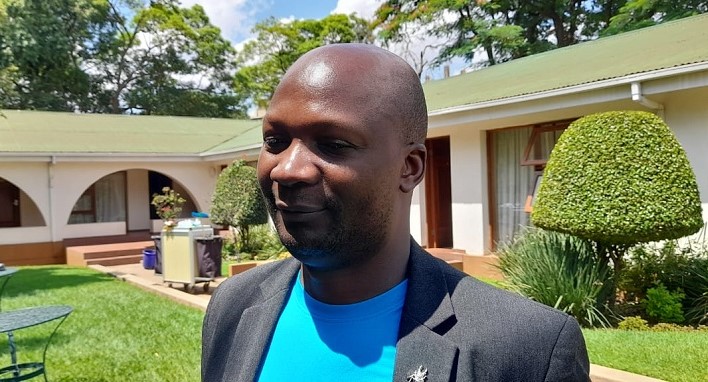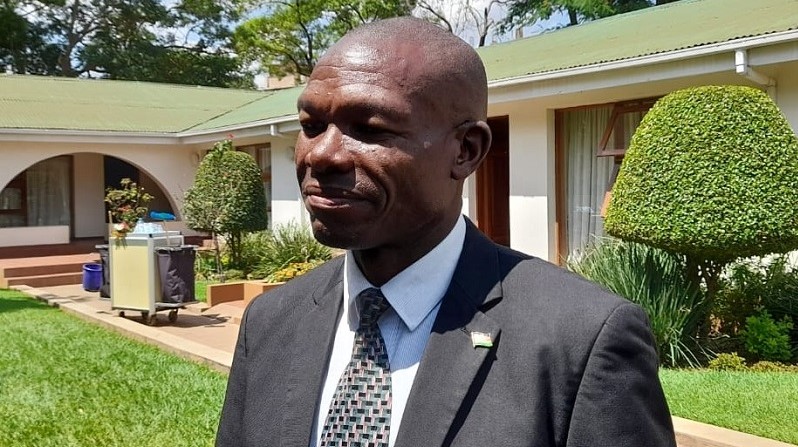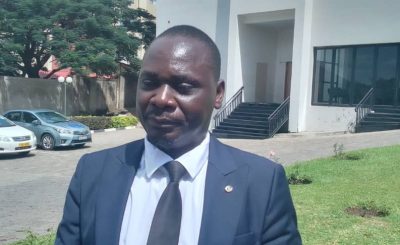Authorities have bemoaned inadequate budgetary funding allocated towards the fight against mental illness as the country continues registering a surge in suicide cases.
Principal Secretary for Health responsible for administration Bestone Chisamile raised the concern in Lilongwe during launch of the #OnMyMind: Better Mental Health for Every Child Campaign.
Chisamile disclosed that in 2023 alone, Malawi has registered a total of 366 suicide cases as compared to last year where 288 people died by suicide.
He said: “The issues of mental health or suicides across the country are getting bigger and bigger. In one of the media reports, it is showing that the last year, there were about 288 people that committed suicide across the country.
“And already this year, even before the end of the year, the figures alarming 366 this shows that this problem is becoming big and big and that’s why workshop like this one is very, very important to encourage the media practitioners to report about mental health issues.”
The principal secretary, who was speaking on the sidelines of an orientation session on mental health and suicide reporting targeting journalists and social media influencers, said the media has a very significant role to play in curbing the trend.
“People must appreciate that if someone has got a mental health problem, there reasons behind that and if we are to report let’s tackle those issues, and not to be very negative, there are a lot of socio-economic challenges,” Chisamile said.

Speaking during the training session, Health Specialist at UNICEF Malawi Aaron Mndolo said most children and adolescents who endure mental health illness events experience psychological distress and that the unveiled campaign is important.
“The Global Costs and Benefits of Mental Health and Psychosocial Support Interventions in Education Settings” report illustrates the economic benefits of implementing school and community-based mental health and psychosocial support (MHPSS) interventions for children and adolescents affected by humanitarian emergencies.
“The report shows that the failure to address the mental health and psychosocial support needs of 10–17-year-old children and adolescents affected by humanitarian emergencies would result in the equivalent of a global US$203 billion loss of potential lifetime earnings,” Mndolo said.

Suicide is the fifth most prevalent cause of death for adolescents aged 10– 19; for adolescents 15–19, it is the fourth most common cause of death, after road injury, tuberculosis and interpersonal violence. For girls aged 15– 19, it is the third most common cause of death; for boys, it is the fourth.
Meanwhile, a social media influencer – Vanessa Mwangala said the orientation session has opened her eyes on how best she can create social media content that cannot injure people.
She said: “I think the best part about it is that we are learning what exactly to say we are learning because you know, always with our phones, we are taking pictures and videos. We are the ones who are running all over.
“It’s like what things find us just wherever we are always see things and then we just take them out there, and so it’s really important for us to learn the exact ways to approach these matters when we are presenting them to the world out there.”
This year, the #OnMyMind campaign will continue to focus on breaking the stigma associated with mental health, normalizing open conversations about it, and promoting the adoption of behaviors that encourage early seeking of mental health services among children and adolescents.
According to Mndolo, UNICEF Malawi, together with the Ministries of Health, Gender, Children, Disability and Social Welfare and Education, aims to reach about 9 million people with crucial adolescent mental health information and messages through radio, social media and personal engagement with 100,000 children and adolescents with mental health sessions and resources in four districts that were affected by the devastating effects of Cyclone Freddy.





